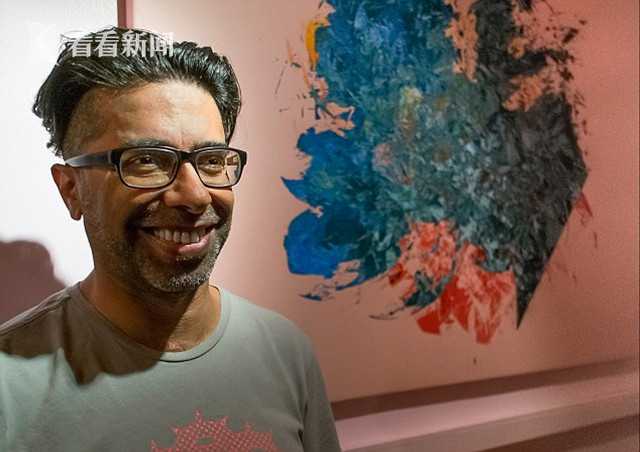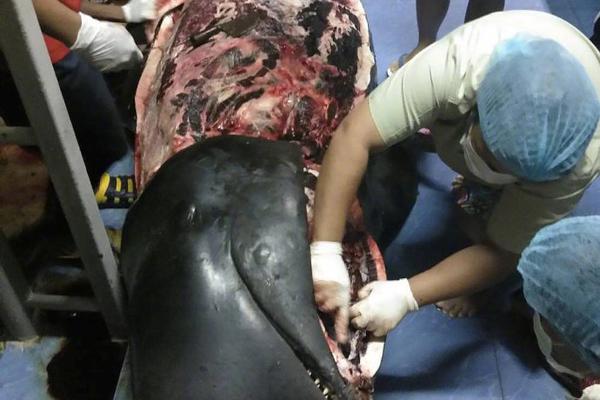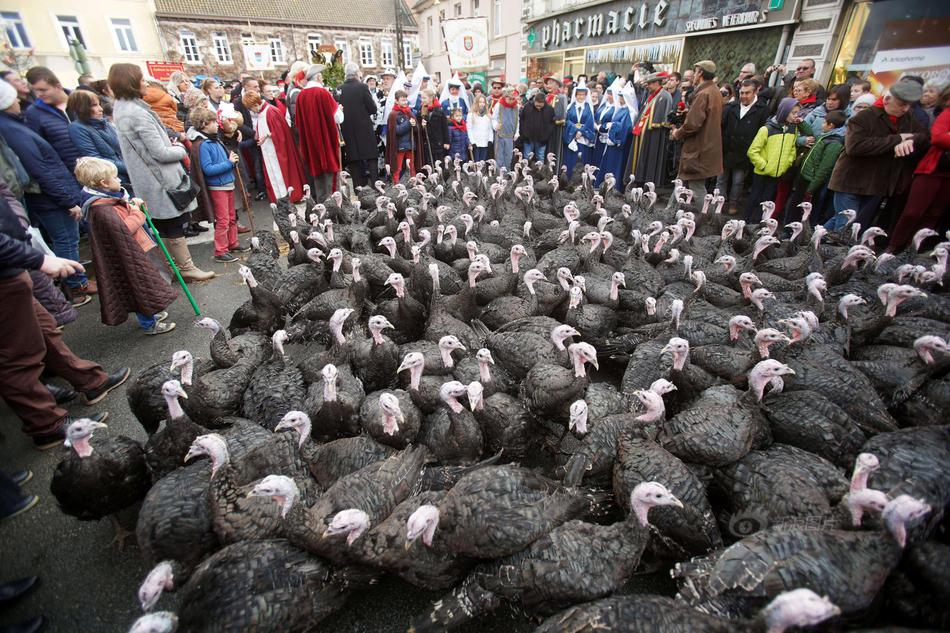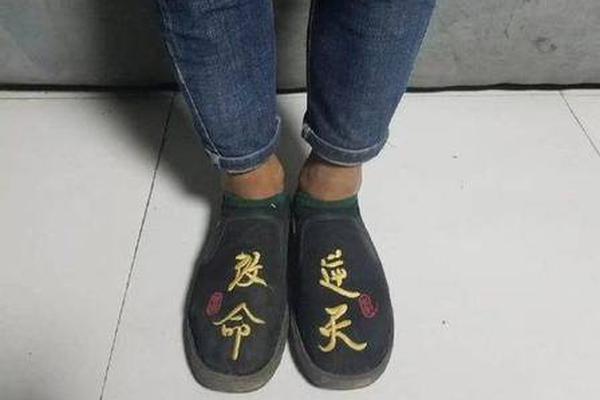Two cloned macaque monkeys979 Archivespresently exploring the confines of an incubator, built for human babies, inside a research laboratory run by the Chinese Academy of Sciences.
Primates have been cloned before, but this is the first time monkeys were duplicated using the same technique -- called somatic cell nuclear transfer --that scientists used to clone Dolly the sheep, in 1996.
SEE ALSO: Meet the animals that probably went extinct in 2017Beyond the obvious scientific achievement -- whose results were published today in the journal Cell-- the important advancement here is that these scientists plan to produce more cloned monkeys in the coming months, and believe they can make primate cloning relatively cheap. The scientists underscore that these genetically identical animals, akin to identical human twins, are to be used only to advance human medicine.
"Monkeys are non-human primates that evolved close to humans," said study co-author Mu-ming Poo, who is the director of the Institute of Neuroscience at the Chinese Academy of Sciences, during a call with reporters. "Thus, they’re ideal models for studying human diseases and developing medical treatments."
Today, new human medicines are regularly tested on critters like mice or in test tube conditions (also called "in vitro"), but Moo believes cloning animals -- specifically those genetically close to us -- is necessary.
"I’m personally not confident that we can produce really good medical treatments without testing real animals," said Moo.
The two cloned female monkeys, who are six and eight weeks old, are not being experimented on right now due to their young and fragile state, said Moo. They're also being kept in the closely-monitored incubator away from their surrogate mothers (which carried the cloned embryos) because Moo is "concerned surrogate mothers will not take care of them well."
The benefit in producing cloned monkeys (or any animal) is that they share the exact same genetic make-up, which would give researches a uniform set of animals from which to test new drugs. For instance, if a lab had 10 cloned monkeys, it could give five of them an experimental medicine, and give the others no treatments (the control group). The results of the treatment would ostensibly give researchers clearer answers about whether or not a treatment, perhaps for a form of cancer, worked.
But other researchers are not so sure cloning monkeys -- which is an inherently expensive and ethically controversial undertaking -- is necessary.
"The thing is, it is very expensive research and you need a really good justification to clone 20 monkeys," said Hans-Michael Kubisch, a genetic researcher who previously managed the breeding of rhesus monkeys at the Tulane National Primate Research Center, in an interview.
"There might be some research that’s desirable to have monkeys that are all alike, but I think it would be exceptional circumstances," said Kubisch.
 Original image has been replaced. Credit: Mashable
Original image has been replaced. Credit: Mashable Moo estimated that cloning a monkey could cost around $50,000, but he didn't give details about how he arrived at this number -- and it's unlikely this includes the costs of maintaining a colony of intelligent, cloned creatures to be used in animal studies.
"I would argue there are other animal models that are less expensive than monkeys," said Carol Keefer, who researches embryonic development and stem cells at the University of Maryland.
Even if a well-funded government or university lab did buy a group of cloned monkeys from the Chinese Academy of Sciences, it's not as if this would create a completely ideal laboratory model.
"Monkeys are closer [to humans] than pigs, but even then it's not going to be a perfect," said Keefer.
With this type of cloning technique, Keefer noted that researchers can give all the clones a specific type or variant of a gene, perhaps one that causes an incurable disease like cystic fibrosis. This would allow scientists to test novel medicines on the animal, to see how they work, "so you can make claims about the effectiveness of a drug," he said.
 Original image has been replaced. Credit: Mashable
Original image has been replaced. Credit: Mashable Giving intelligent primates a genetic disease for the benefit of testing human medicine would be rife with controversy, especially in the U.S, which has banned biomedical testing on chimpanzees.
But Moo thinks Western countries will come around to the idea of cloning monkeys for medical research. He recognized that "the public sentiment against the use of monkeys is in Europe and the United States," but expressed hope that Western countries "will gradually change their mind" and accept monkeys as a useful medical species.
Moo also noted that his lab has no interest in cloning humans, stating there is "no intention to apply this method to humans."
If the human persuasion of primate were ever cloned, Keefer makes the important point that these clones wouldn't simply be medical "models" in a laboratory.
"That wouldn’t be a model," she said. "That would be a patient."
 'Uno' wants you to stop pulling this illegal, but diabolical move
'Uno' wants you to stop pulling this illegal, but diabolical move
 Elon Musk is fed up with fake news stories about himself
Elon Musk is fed up with fake news stories about himself
 30 gifts for people who are obsessed with their kitchen
30 gifts for people who are obsessed with their kitchen
 Best robot vacuum deal: Get the Roborock Q5 Max for 53% off at Amazon
Best robot vacuum deal: Get the Roborock Q5 Max for 53% off at Amazon
 Stephen King tweets his 'Game of Thrones' ending prediction
Stephen King tweets his 'Game of Thrones' ending prediction
 Like 'Detective Pikachu', these Pokémon phone cases are out for your childhood
Like 'Detective Pikachu', these Pokémon phone cases are out for your childhood
 Stephen King tweets his 'Game of Thrones' ending prediction
Stephen King tweets his 'Game of Thrones' ending prediction
 Wordle today: The answer and hints for April 14, 2025
Wordle today: The answer and hints for April 14, 2025
 No, voting machine hackers probably didn't steal this election for Trump
No, voting machine hackers probably didn't steal this election for Trump
 How to unblock Xnxx for free
How to unblock Xnxx for free
 Google Duplex is now just a fancy autocomplete?
Google Duplex is now just a fancy autocomplete?
 BTS kick off their tour with 60,000 screaming fans in Los Angeles
BTS kick off their tour with 60,000 screaming fans in Los Angeles
 Warren Buffett: Bitcoin is like a seashell or something
Warren Buffett: Bitcoin is like a seashell or something
 Turtle Beach Recon 50P gaming headset deal: 28% off
Turtle Beach Recon 50P gaming headset deal: 28% off
 'Avengers: Endgame' sinks a long
'Avengers: Endgame' sinks a long
 Google’s I/O: Duplex and Google Photos AI didn’t live up to the hype
Google’s I/O: Duplex and Google Photos AI didn’t live up to the hype
 'Game of Thrones' Weekly: The big conversations heading into Episode 4
'Game of Thrones' Weekly: The big conversations heading into Episode 4
 The World Wide Web Turns 30: A Timeline
The World Wide Web Turns 30: A Timeline
 All of Instagram is snapping the same pic of this damn pool in Morocco
All of Instagram is snapping the same pic of this damn pool in Morocco
MasterClass deal: Score endRedux: This Caliper Embrace by The Paris ReviewCES 2024: 5 creepy or weird trends we're already seeing38 TV shows we can't wait to see in 2024Nobody’s Fault by Emerson WhitneyPoets on Couches: Carl Phillips by Carl PhillipsThe Art of Distance No. 6 by The Paris ReviewStuff Your Kindle Day Dec. 2023: How to get free booksOn Reading Basho with My TenStaff Picks: Cositas, Cosmos, and ConcertsWordle today: The answer and hints for December 28What’s Inside That Giant Cross? by Steven E. JonesBest Kindle deal: Get access to the Kindle Unlimited library of eWordle today: The answer and hints for December 28How to improve your selfThe Phony Warrior by Yoshiharu TsugeThe Art of Distance No. 6 by The Paris ReviewMake Me an Honorary Fucking Ghostbuster! by Samantha IrbyPoets on Couches: Monica Youn by Monica YounThe Great Bird Search by Nicolette Polek Apple AirTag (4 Early Motorola Black Friday deals: Up to $500 off at Best Buy Best Airwrap deal: Save $130 on the Dyson AirWrap Angers vs. PSG 2024 livestream: Watch Ligue 1 for free Colorado vs. Texas Tech football livestreams: kickoff time, streaming deals, and more Wordle today: The answer and hints for November 10 Walmart+ members can snag the Dyson V12 Detect Slim for $399.99 Apple's new iPhone update is locking law enforcement out of phones Georgia vs. Ole Miss football livestreams: kickoff time, streaming deals, and more Mississippi State vs. Tennessee football livestreams: kickoff time, streaming deals, and more Real Sociedad vs. Barcelona 2024 livestream: Watch La Liga for free Beats Solo3 headphone deal: $69 for Walmart+ members NYT mini crossword answers for November 10 Best early Black Friday Apple deal: Save $50 on Apple Watch Series 10 Michigan vs. Indiana football livestreams: kickoff time, streaming deals, and more Florida State vs. Notre Dame football livestreams: kickoff time, streaming deals, and more Notes are disappearing from iPhone devices for some users — but there's a fix Saints vs. Falcons 2024 livestream: How to watch NFL online Best Fitbit deal: Save $80 on the Fitbit Versa 4 Best Early Black Friday Google deal: Save $300 on the Pixel 8
1.7495s , 10136.875 kb
Copyright © 2025 Powered by 【1979 Archives】,Information Information Network